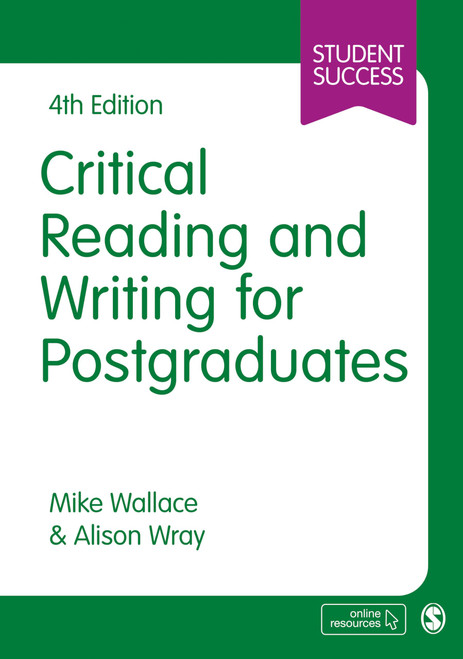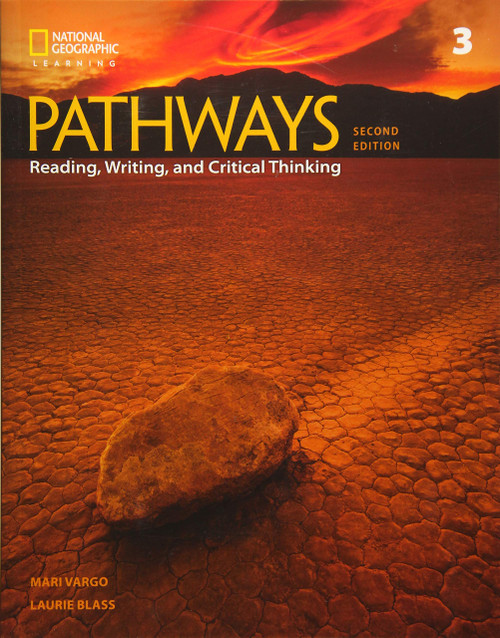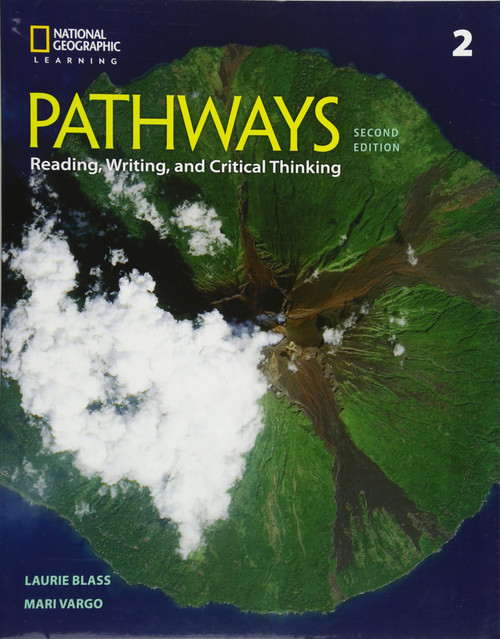This popular text articulates a powerful theory of critical literacyin all its complexity. Critical literacy practices encourage students to use language to question the everyday world, interrogate the relationship between language and power, analyze popular culture and media, understand how power relationships are socially constructed, and consider actions that can be taken to promote social justice. By providing both a model for critical literacy instruction and many examples of how critical practices can be enacted in daily school life in elementary and middle school classrooms, Creating Critical Classrooms meets a huge need for a practical, theoretically based text on this topic.
Pedagogical features in each chapter
Teacher-researcher Vignette
Theories that Inform Practice
Critical Literacy Chart
Thought Piece
Invitations for Disruption
Lingering Questions
New in the Second Edition
End-of-chapter Voices from the Field
More upper elementary-grade examples
New text sets drawn from Classroom Resources
Streamlined, restructured, revised, and updated throughout
Expanded Companion Website now includes annotated Classroom Resources; Text Sets; Resources by Chapter; Invitations for Students; Literacy Strategies; Additional Resources












